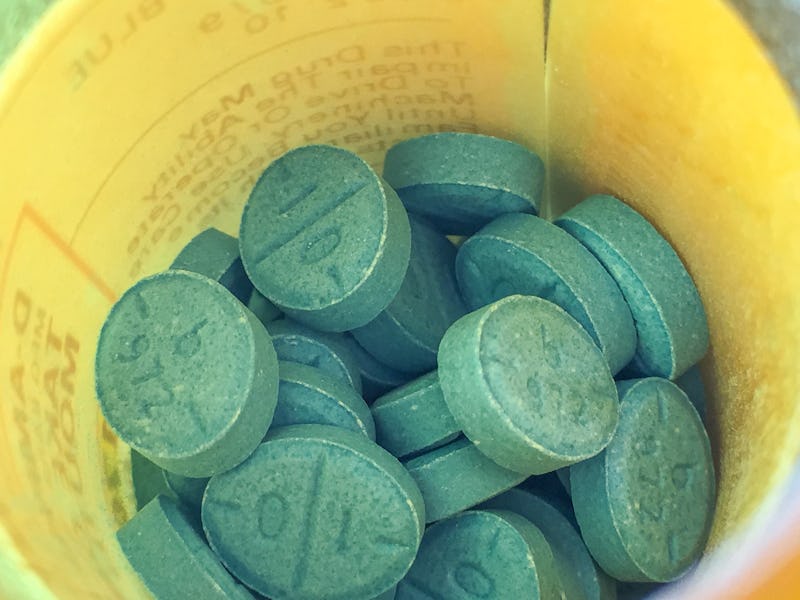Here's Why Adderall Is Sending More Millennials to the Emergency Room
A 156 percent rise between 2006 and 2011.

These days, scoring Adderall on a college campus is as easy as finding an illegal T.L.O.P. download. Students who want it know exactly where to get the ADHD-treating prescription drug, but unfortunately, they aren’t exactly sure how to use it safely, and it’s leading to a rise in drug-related hospitalizations. The results of a new study in the Journal of Clinical Psychiatry report that the number of young adults going to emergency room for Adderall-related reasons has risen 156 percent between 2006 and 2011.
For anyone who’s been paying attention, this news comes as no surprise.
The study, led by researchers at Johns Hopkins University, found that the uptick in ER visits isn’t driven by increased Adderall prescriptions — which have actually decreased over time. Rather, it’s the diversion of the drug into the hands of individuals using it illegally that’s landing young adults in the hospital. By the researchers’ count, 60 percent of non-medical Adderall use took place among people aged 18 to 25.
Adderall is particularly popular among students and young adults who use it as a “smart drug” to increase concentration and alertness, though it’s widely known to be used for more recreational purposes. As Inverse wrote previously, Adderall has been used to stimulate bowel movements, as a sex drive booster, and as a Minecraft performance enhancer. Obviously, these aren’t officially listed uses for the drug — it’s only meant to keep impulsivity and hyperactivity under control — but that hasn’t stopped rumors of its myriad off-label uses from spreading.
The fact that Adderall is increasingly name-dropped in the hip-hop community — Danny Brown, notably, loves it for its ability to balance out a post-joint haze — probably isn’t helping.
Sure, Adderall does help improve focus, which is why it continues to be so popular among exam-cramming college kids. But the side effects of its inappropriate use can include sleep disruption, high blood pressure, and stroke; and it increases the risk of mental health problems like depression and bipolar disorder.
Physicians take these risks into consideration when deciding whether to prescribe the drug, but their expertise is of little use when the drug is being clandestinely passed around to individuals outside their care and oversight.
Seeing as it’s unlikely the college-campus black market for smart drugs is going to dissolve, the authors suggest monitoring Adderall in the same way as opiates — with a physician-run database of prescriptions — and raising awareness about its dangerous and often-ignored effects. This could be a modest solution that puts a significant dent in Adderall-related hospitalizations. Regardless, the new data underscores a problem that needs our attention and action soon.